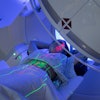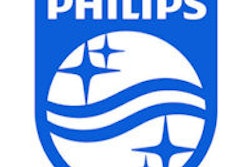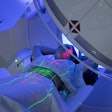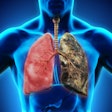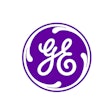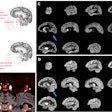German researchers have found that the recall rate for CT lung cancer screening decreased by more than 80% in subsequent rounds of screening, an effect the researchers attributed to having baseline scans available in later screening rounds, according to a study published in the Journal of Thoracic Oncology.
The findings from the German Lung Cancer Screening Intervention Trial (LUSI) stress the need for an organized screening program with the baseline scan available for comparison.
This most-recent LUSI study compared 2,023 participants with no intervention to five annual screens of 2,029 individuals between the ages of 50 and 69 years old with a history of heavy tobacco smoking. All the participants were followed for at least three years, with many subjects monitored for five years.
The results revealed a decline in the early recall rate, from 20% in the first screening round to 3% to 4% in second, third, and fourth rounds. The detection of lung cancer was 1.1% in the first round and then declined to 0.5% on average in subsequent screenings.
The study also noted the cumulative number of advanced lung cancers was almost identical between the control and intervention groups for the first two years. However, the number of advanced cancers in the screening group began to decline in the third year. The same trend was observed for the overall mortality.
"A potential lung cancer screening program must be organized such that all previous images and results are available," the authors noted.

